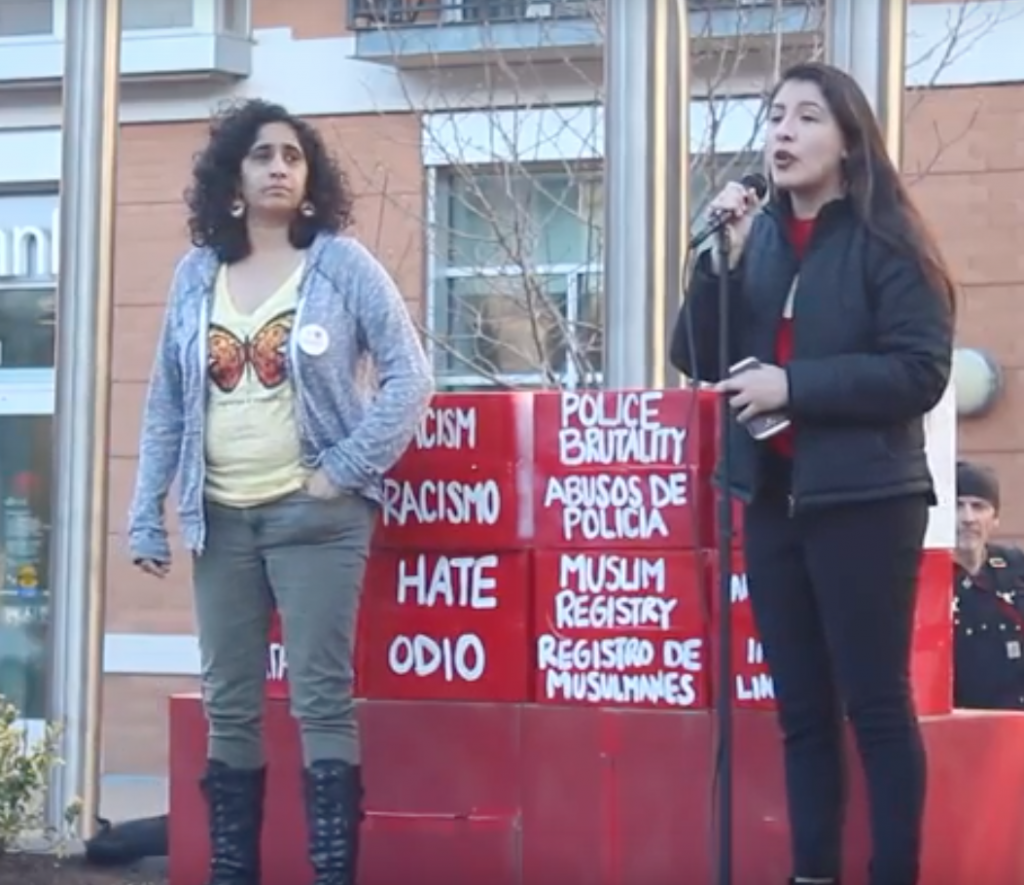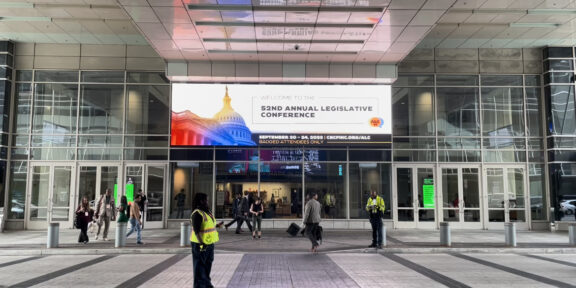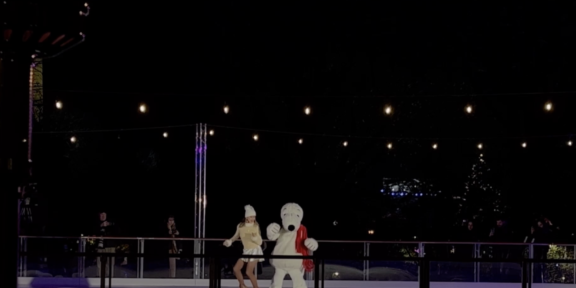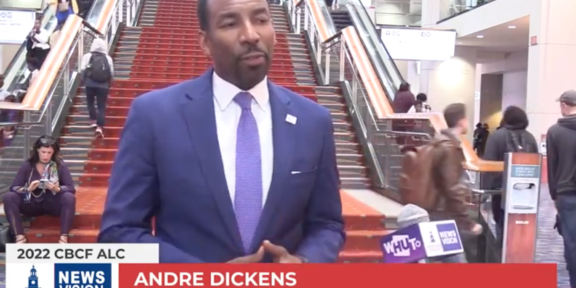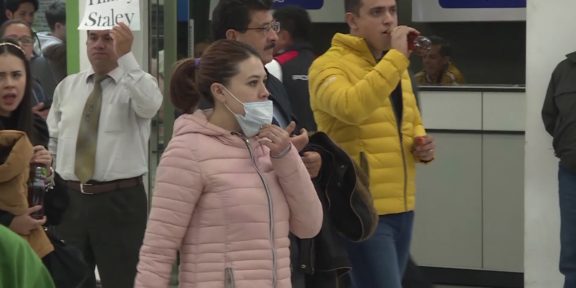Residents of Barry Farm Public Housing Community Fear a Future of Uncertainty
After the Civil War, the U.S. government bought land in Southeast Washington to provide a settlement for newly freed slaves. Today, Barry Farm provides public housing to D.C.’s low-income families. With redevelopment in its beginning stages, uncertainty is a major concern among residents in the community. Howard University News Service reporter Ashley Young reports.
WASHINGTON – Yvonne Wynn enjoys sitting on the steps leading up to her home and chatting with her neighbors. Barry Farm is her home. She lives here with her son and daughter, but soon they will have to pack their belongings and move. Barry Farm is set to be demolished and rebuilt into 1,400 mixed-income housing and 50,000 sq. feet of retail space, another project aimed at revitalizing D.C.’s historic communities.
Barry Farm provides public housing to over 300 low-income families. What was once land given to newly freed slaves after the Civil War, is now a public housing community with deep roots. The D.C. Council approved the project in 2006, but just last year phase one was approved to begin relocating residents.
One row of housing of Sumner Rd. is boarded up, the families who occupied it have been relocated. Wynn knows she will soon have to do the same, but she fears relocating to another community where crime is no stranger.
“I feel, you know, those areas are worse than Barry Farm. And my family and I have had bad experiences since we’ve been here and I just don’t want to go into another dwellings and deal with it and it get worse,” said Wynn.
But Wynn has lived here for 6 years and wants to return once the project is complete. This isn’t Wynn’s first time relocating for a redevelopment project. She had to move to Barry Farm when her old neighborhood, Capital Heights Dwellings, started a similar project.
The plan for Barry Farm includes replacing public housing one-for-one. The three and four bedrooms units will no longer be available, as they will be replaced with studios, one bedroom and two bedroom units. And, the initiative even states that these replacement units may be “in proximate off-site locations.”
Many residents fear they will not reap the benefits of the completed project. A bus tour aimed showcasing possible new business ventures in Barry Farm outraged residents and only deepened a fear that they will be displaced. According to the D.C. Fiscal Policy Institute, affordable housing has decreased by 50 percent in D.C. the last decade.
D.C. Housing Authority is in charge of the redevelopment plan. After reaching out to them several times, they declined to comment or set up an interview.
Gentrification is becoming a heated debate across the nation. A study by Governing Magazine found more poor families are moving to the suburbs as more middle-class people flock to urban living. The District, Seattle and New Orleans are among the most gentrified cities in America.
Even after attending several meetings between D.C. Housing Authority and the community, Wynn doesn’t feel resident’s concerns are being heard, “I’m tired of it and I’m frustrated. And, you know, I just pray every day that things will work better for my family, because I deserve better.”



